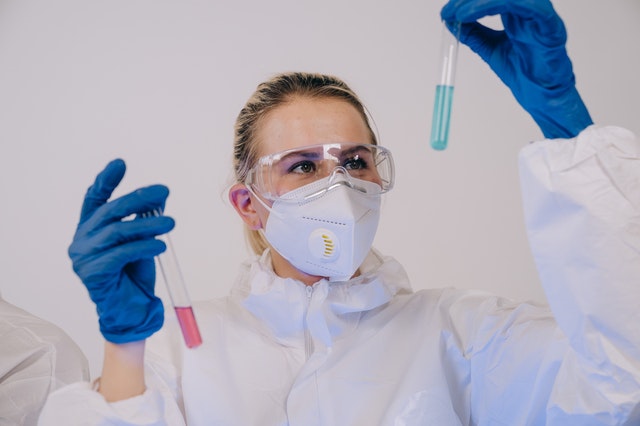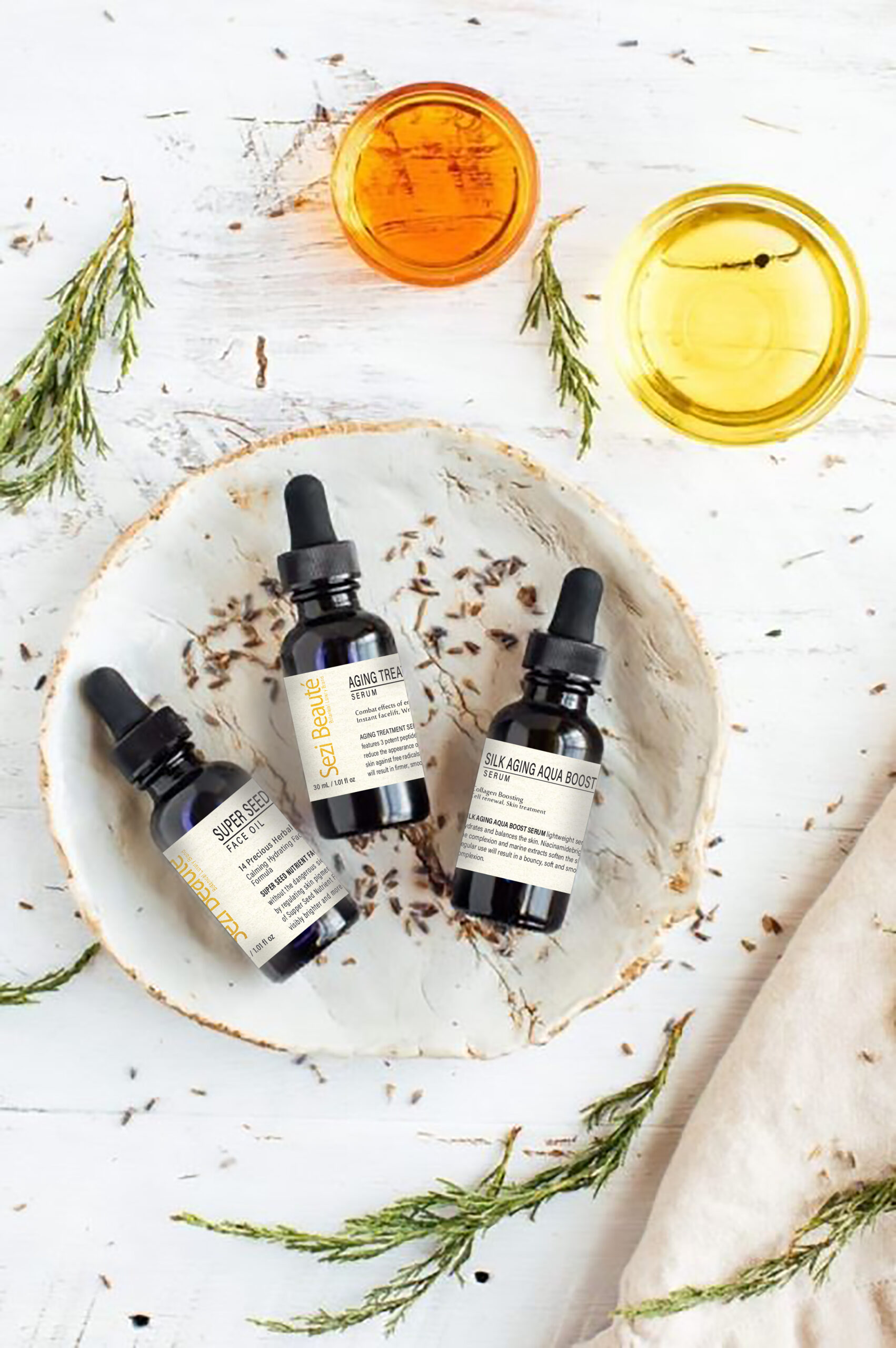The myths, the facts and everything in between about BEAUTY’S TREND.
According to https://www.harpersbazaar.com.au/

Do you know what exactly is BEAUTY’S TREND:
Those acquainted with the beauty scene would be well aware that ‘natural skincare’ is much more than a mere passing trend.
Easily entering into the cosmetics sector as a key player, it speaks to the rise in environmentalism as well as the convergence of beauty and wellness, two industries which are now heavily intertwined.
That being said, natural skincare is still relatively new terrain, plagued with misconceptions, confusing marketing and polarising opinions.
In order to cut through the noise and separate fact from the fiction in natural skincare, we consulted nutritional medicine practitioner, skin therapist and former director of Skinstitut, Fiona Tuck.
WHAT IS ‘NATURAL’ SKINCARE AND HOW IS IT REGULATED?
Seemingly ubiquitous in the beauty world, the term ‘natural skincare’ tends to refer to a lot of things these days, with the phrases ‘clean beauty’, ‘green beauty’ and ‘organic’ also synonymous with the rising trend. actually these are the main arms of BEAUTY’S TREND.
However, as far as regulatory bodies are concerned, the term ‘natural skincare’ is more connected with marketing than it is with any official criteria.
“In Australia we have one of the strictest regulatory systems for cosmetic chemicals, the Therapeutic Goods Association (TGA). The TGA governs what ingredients are allowed to be used in Australian products and reviews the safety of ingredients,” explained Tuck.

“When it comes to natural skincare terms, these are more for marketing purposes rather than cosmetic regulations.”
The regulation or category of a product will also determine the legal claims that can be made around a product, Tuck emphasised.”
If it is registered as a therapeutic good or drug, the guidelines and standards around the claims are much stricter and well monitored.
The majority of skincare is recognised as cosmetic, meaning, non therapeutic,” said Tuck.”
There is no technical regulation when it comes to using words such as ‘clean beauty’ unless it is a certified organic product, which will be listed on the label. An organic product could therefore call itself organic but not contain all organic ingredients. The only way to be sure you have an organic product is to buy a certified organic product.”
IS NATURAL SKINCARE REALLY ‘TOXIN’ FREE?
Arguably one of the most appealing facets in the surge of natural skincare products is their emphasis on being ‘toxin’ or ‘chemical’ free, two things that have come under increasing scrutiny.
The ‘toxic’ ingredients in question? Typical culprits include sulphates, parabens, formaldehyde and artificial fragrance, all of which natural skincare companies market themselves as being free from.
While simply excluding ingredients that have been linked to various health concerns, particularly around hormones, sounds sensible in theory, it’s not as clean cut as it may appear.
“Many skincare companies will market a product as being free from certain ingredients such as sulphates, parabens, formaldehyde and artificial fragrance, but quite often will not disclose that the ingredients they have replaced them with are just as potentially ‘toxic’,” Tuck told BAZAAR.

“Some ingredients such as artificial fragrance and sulphates when tested at high strengths have been found to have some kind of detrimental effect to the skin or health. Where this gets misleading is that the ingredients are used in much lower concentrations in skincare and unlikely to have the same effect.”
Still, Tuck noted that it is not possible to categorise a product as ‘good’ or ‘bad’, simply by looking at the ingredient list alone.
“It depends how much of a particular ingredient is in a product as to whether it will have a beneficial or potentially irritating effect. High amounts of artificial fragrance, for instance, when used to perfume a product may be irritating and photo-sensitising to some skins, but in tiny concentrations when used to mask a base product smell, may have no effect at all. High concentrations of some essential oils can also be irritating to the skin, so it really can be a minefield out there,” explained Tuck.
WHY ARE PARABENS CONSIDERED ‘BAD’?
Parabens are perhaps the most controversial of all the ‘toxic’ ingredients as far as marketing terms go.
Pariahs of the natural skincare world, the ingredient’s role in skincare originated in the 1950s, when it was first used as a preservative to prolong the shelf life of a product.
The original cause for concern? A 2004 study found a higher concentration of parabens in the breast tissue of breast cancer patients.
Two things to note about the study, however, are that they did not research the levels of parabens found in normal non-cancer breast tissue, and secondly, that correlation does not neccessarily equal causation. At the same time, the study acknowledged that more information is necessary to develop a better understanding as to just how problematic parabens actually are and how the body handles them.
“There is no evidence to prove that parabens cause breast cancer however their safety is questionable for many,” Tuck agreed.
“There are different types of parabens and some parabens are even used in the food industry as preservatives however they tend to be listed as ‘E’ numbers and so people often don’t realise what they are eating. Because parabens have had a bad wrap in the press many skincare companies choose to use alternative preservatives in their products such as Phenoxyethanol.”

IS NATURAL SKINCARE ACTUALLY BETTER FOR YOU? Is the NATURAL SKINCARE a good BEAUTY’S TREND
Believing that because something is ‘natural’ it is automatically superior and therefore more effective is a fairly common train of thought.
As tempting as it may be to think this way, it may not necessarily be the case.
As with most things, there’s more than one to the story, and in the case of natural skincare, its efficacy largely comes down to what it’s being used for, Tuck explained.”If you have acne, for example, and are using cocoa butter or coconut oil as a moisturiser, then it is highly likely that you could worsen congestion,” said Tuck.
“Many sulphate-free shampoos do not clean the hair well and leave it feeling like straw. There are varying degrees of ‘natural’ and some products may even call themselves ‘natural’ whilst still containing many synthetic chemicals.
“The skin is the largest organ of the body and is capable of absorbing topical ingredients, however it also plays the role of an elimination system, and the widespread claim that 60-70% of what we place on our skin is absorbed into our bloodstream is largely considered to be false.The body certainly can absorb things, and the presence of certain chemicals can increase those absorption rates, but it’s not as cut and dry as ‘natural is better’ and being selective as to how and where you choose to use natural or synthetic skincare, can make a difference.
“Your skin is the largest organ of the body and it can absorb topical ingredients. If you use a lot of products with synthetic ingredients and cover your body in them, think baths, lotions, spray tans, your skin will absorb traces of those chemicals,” said Tuck.
“My preference is to avoid or limit use of artificial synthetic chemicals on the body and save more ‘active’ products for the face. Also remember products such as cleansers, washes and shampoos do not stay on the skin and so the likelihood of absorption of ingredients is negligible.”

SHOULD WE BE WORRIED ABOUT SYNTHETIC SKINCARE?
Given that the alleged superiority of natural skincare is not quite clear-cut and misinformation in the form of marketing is easily disseminated, it’s unsurprising that consumers are confused as to the safety of certain ingredients as well as their overall efficacy.
If unsure of the quality of ingredients or whether a product would suit your skin, Tuck emphasised speaking to qualified experts”There is lot of scaremongering on line by unqualified ‘experts’ and so many people are scared of using skincare with ‘chemicals’ yet these are ingredients that have been safe to use in specific amounts by the TGA,” Tuck told BAZAAR.
“There are varying degrees of natural products, some are purer than others, so speak to a professional skincare expert to determine what is best for your skin.
There are some very good natural or clean ‘no nasty’ products that work well on the skin and there are also ones that are very crude that go rancid easily and can even promote congestion in the skin.”

ARE ANY NATURAL SKINCARE PRODUCTS ACTUALLY BETTER THAN THEIR CHEMICAL COUNTERPARTS?
“Sunscreens such as zinc oxide are highly effective and may be better for the skin as they tend to be less irritating to the skin than their chemical counterparts.
Natural deodorants are not the same as antiperspirants so whilst some mask odour they do not tend to inhibit sweating or wetness. I have yet to find one that works as well as a chemical antiperspirant,” said Tuck.
There are lot to tell about BEAUTY’S TREND, but we should make our choice to go with the trends or to chose the right thing. Not all BEAUTY’S TRENDs are to be chosen we should think wise and just follow the good BEAUTY’S TREND.
You may also intrested in this ARTICLE too.







